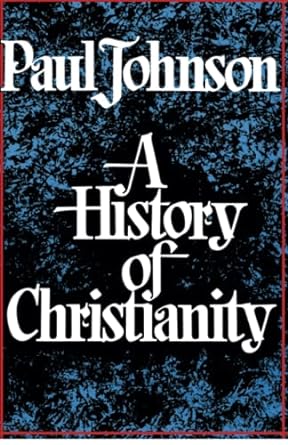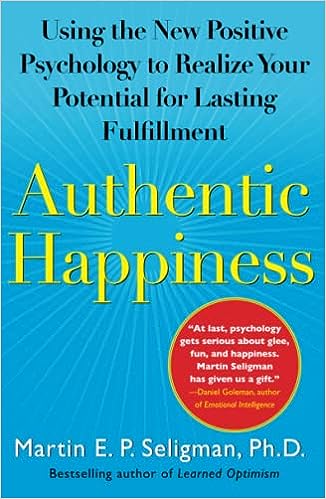Listen to this episode of the Focus with Marlene Podcast:
Get caught up with all episodes in the Developing a New Focus series.
There is a spiritual side to all of us, whether we believe in a God, are a Christian, an atheist, or agnostic.
If you look online you will find numerous definitions and descriptions of spirituality. Basically, it is a recognition that there is more, something greater, than just us.
What do you believe in?
What do you believe and why? Perhaps you never considered the importance of asking yourself this question. And yet our beliefs influence every aspect of our life – the decisions we make, the people we hang out with, and the lifestyle we choose.
Are you able to define what you believe in and the value you place on those beliefs?
Core beliefs and values are often acquired haphazardly as we grow up. Many are just some versions of the beliefs held by family and friends. As adults, we rarely take the time to examine or question what we believe and why.
And yet, it is those deep core beliefs we hold of ourselves and our world that impact how we think and respond to life.
Because they were put in place when we were too young to evaluate, we often hold many biased beliefs. It is these distorted beliefs that influence our judgments of self and others.
 In his books, A History of Christianity and Modern Times: The World from the Twenties to the Nineties, Paul Johnson wrote, “I must believe in God… belief in God makes me a better person than I would otherwise be. Without God, mankind quickly degenerates into the subhuman.”
In his books, A History of Christianity and Modern Times: The World from the Twenties to the Nineties, Paul Johnson wrote, “I must believe in God… belief in God makes me a better person than I would otherwise be. Without God, mankind quickly degenerates into the subhuman.”
“Man without God is a doomed creature. The history of the 20th century proves the view that as the vision of God fades, we first become mere clever monkeys; then we exterminate one another. While it is a terrifying prospect, the restoration of that vision of God can arrest it. Society as a whole will be less self-destructive if it stands in awe of moral rules which cannot be changed at the whim of congresses or parliaments or central committees, but which owe their authority to God. Only a belief in God will make society decent, but we do not believe in God for that reason. Purely social religions are the route to idolatry. We must truly believe. It is part of our struggle to be human. But in this struggle, God himself will help us.”
To survive as human beings, we need a belief in something greater than ourselves. Christianity is the only religion in the world that offers us the gift of salvation, grace, and love that we find within Jesus Christ.
We can’t earn it – we can’t work hard enough for it – it is a gift. And within that gift God extends to us through His Son, Jesus Christ, a love that transforms our lives from our heart outward. It is where we learn how to live as God had intended us to live.
Purposive – Optimism – Values
I believe it is through our need for spirituality that we find a larger purpose for our life. Purposiveness can be defined as “finding meaning in life.”
Without a sense of purpose and meaning, we would have little optimism or hope for our future. Victor Frankl wrote that man’s search for meaning “is the primary motivation in his life.”
 In Authentic Happiness, Martin Seligman wrote,
In Authentic Happiness, Martin Seligman wrote,
“Optimism and hope cause better resistance to depression when bad events strike, better performance at work, particularly in challenging jobs, and better physical health.”
Optimism doesn’t just happen – it is learned.
The science of Psychoneuroimmunology teaches us there is an interaction between the brain, endocrine system, and immune system and to this degree belief becomes biology.
Optimism is a biological phenomenon that creates a definite physiological response within an individual. It reduces anxiety and stress and its accompanying physical symptoms. Other studies reveal that when optimism was used as a prime coping strategy, people were less anxious and had fewer physical symptoms (Witmer & Rich, 1983).
How do we develop the skill of optimism?
In studies by Maslow, we learn that having a definite philosophy of life and religion are as important as sunlight, calcium, or love is to a person. We cannot live and survive without strong ethical and defined moral standards.
Valuelessness is the ultimate disease of our time. It leads to vague illnesses: apathy, alienation, hopelessness, and cynicism, which lead to psychological, physical, and social illnesses.
Having a meaningful purpose in life helps us develop optimism. Understanding the value of our beliefs will enable us to develop a moral compass to guide our behavior. Morality guides behavior that can maintain our well-being, along with giving respect and compassion to others. Religion and optimism go hand-in-hand.
Dr. Sydney Sharman, author of Psychiatry, the Ten Commandments, and You, wrote:
“Almost half of all patients consult their doctors because of non-organic disease, and almost all of them really do need to consult them or someone! If there were ten times as many qualified and experienced psychiatrists as there are at present, there would not be enough to cope properly with the volume of work.”
The Ten Commandments are just as relevant today as they were when first set down on tablets of stone; they offer the basis for the prevention of and cure for many of our neuroses.
Sharman’s thesis was that the Commandments are fundamental laws of life, and are not just a code produced by an ancient religious and political leader.
If you have never given much thought to what you believe and why, perhaps this is a good time to do so.
Changing your focus includes evaluating what you believe right now. Those beliefs influence everything you do.

